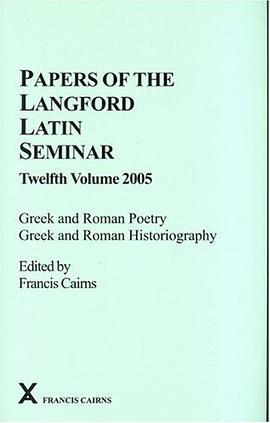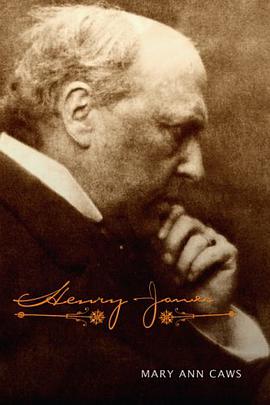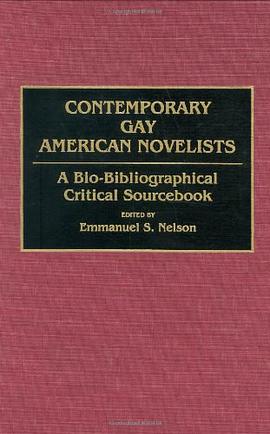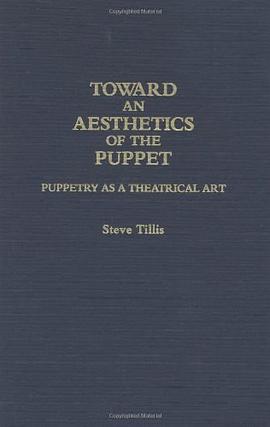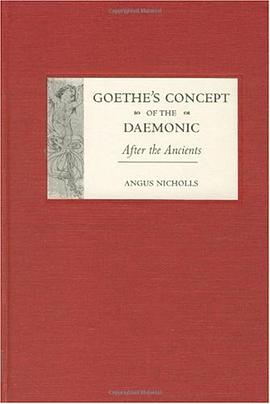
For Plato, the daemonic is a sensibility that brings individuals into contact with divine knowledge; Socrates was also inspired by a "divine voice" known as his "daimonion." Goethe was introduced to this ancient concept by Hamann and Herder, who associated it with the aesthetic category of genius. This book shows how the young Goethe depicted the idea of daemonic genius in works of the Storm and Stress period, before exploring the daemonic in a series of later poetic and autobiographical works. Reading Goethe's works on the daemonic through theorists such as LukAcs, Benjamin, Gadamer, Adorno, and Blumenberg, Nicholls contends that they contain arguments concerning reason, nature, and subjectivity that are central to both European Romanticism and the Enlightenment. ANGUS NICHOLLS is Claussen-Simon Foundation Research Lecturer in German and Comparative Literature at the Centre for Anglo-German Cultural Relations in the Department of German, Queen Mary, University of London.
具体描述
读后感
评分
评分
评分
评分
用户评价
相关图书
本站所有内容均为互联网搜索引擎提供的公开搜索信息,本站不存储任何数据与内容,任何内容与数据均与本站无关,如有需要请联系相关搜索引擎包括但不限于百度,google,bing,sogou 等
© 2025 qciss.net All Rights Reserved. 小哈图书下载中心 版权所有






